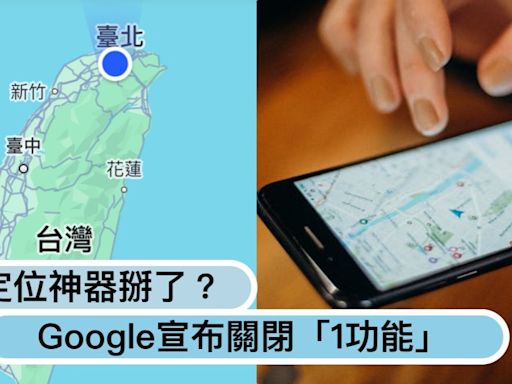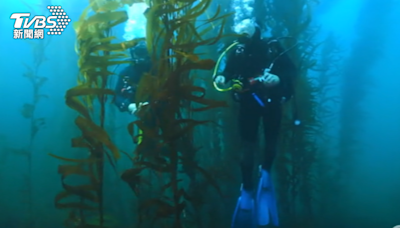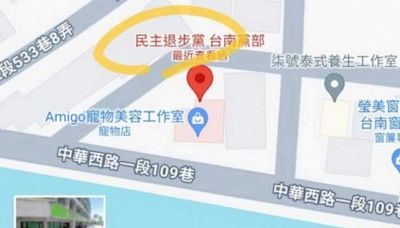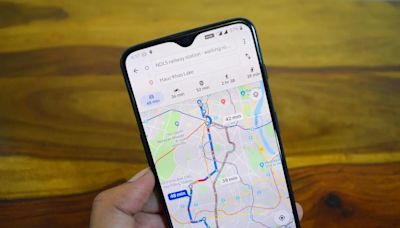搜尋結果
Instead of admonishing the mapping hacks, Google released an API (application programming interface) that would allow any programmer to easily do what Paul and Adrian had done. They went even further and hired Paul to work at Google Maps.
- Key Challenges
- Key Initiatives
- Sample Tools For Resistance Mapping
- More Information
LegibilityOntologyInteroperabilityContextualizationMapomatix at http://mapomatix.sourceforge.net/ "a free software developed by Hackitectura as a collaborative environment for creating and editing maps. The maps can contain physical elements (oil resources, telecomunication antennas,etc), abstract ones (such as human organisations, web servers) but they can also be used to emphasize relations betwe...
Standardization for Topic Maps: http://en.wikipedia.org/wiki/Topic_Maps Microformats for data interoperability: http://microformats.org/wiki/Main_Page Psychogeography is explained at http://en.wikipedia.org/wiki/Psychogeography
This Atlas has been created as a tool to help map that knowledge. Anyone can contribute, and the knowledge belongs to everyone. Why? Because redesigning how we own land and property is the single most important reform project of our century. There is no path to a successful, flourishing future for humanity that does not include redesigning it.
Google - P2P Foundation. Contents. 1 Discussion 1: Google as a Business. 1.1 Mark Choate's on Google's Competitive Advantage. 1.2 Google as an enclosure of the common. 2 Discussion 2: What's Wrong with Google Search? 2.1 We need Open Process Search Systems to replace Google. 2.2 Weakness of Google Search results. 2.3 Credibility Issues.
"Among all the “geobrowsers” (applications for consulting geospatial data and managing geolocalized information), some of them, such as NASA World Wind, Google Earth or Microsoft Live Local 3D, have taken on great relevance and are used by a huge number
P2P Search as an Alternative to Google - P2P Foundation. * Article: P2P Search as an Alternative to Google: Recapturing network value through decentralized search. By Tyler Handley. Journal of Peer Production, Issue 3, July 2013.
"Geotagging is the process of adding geographical identification metadata to various media such as photographs, video, websites, or RSS feeds and is a form of geospatial metadata. These data usually consist of latitude and longitude coordinates, though they can also include altitude, bearing, accuracy data, and place names.





